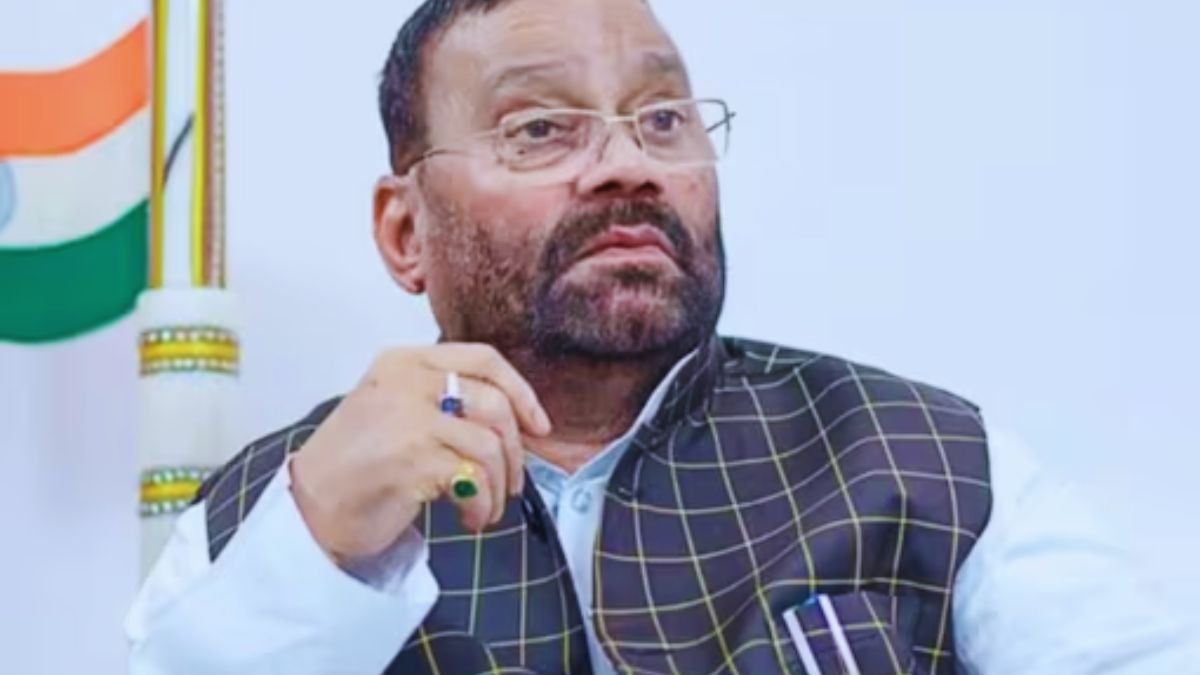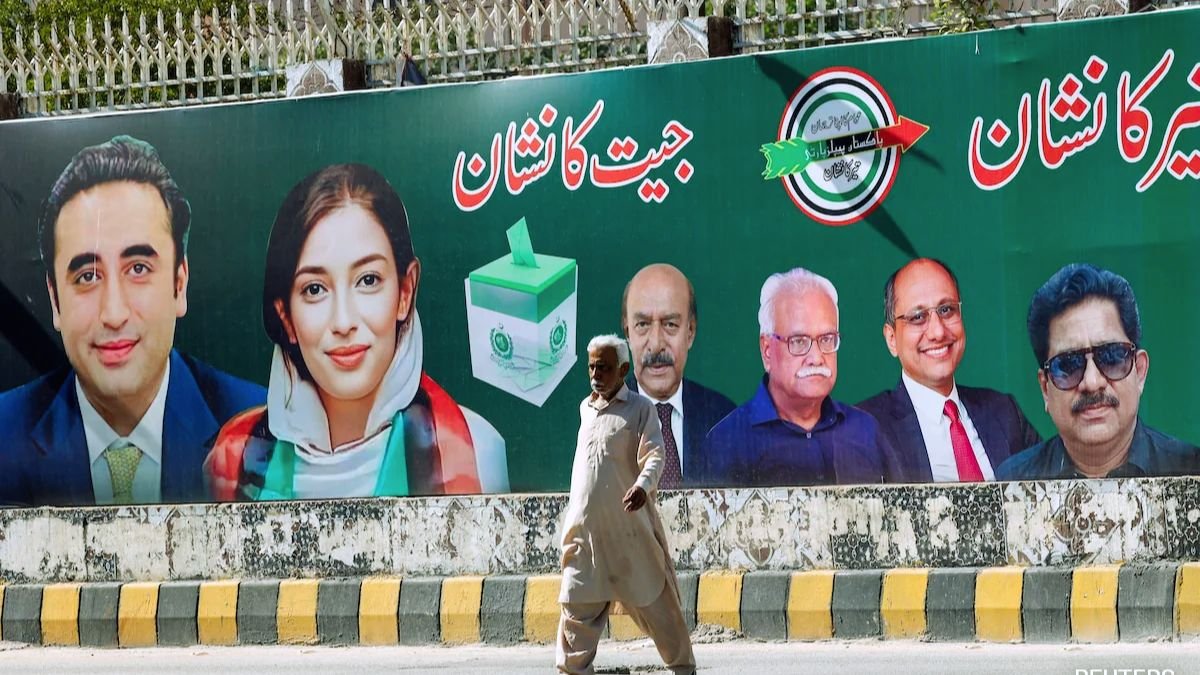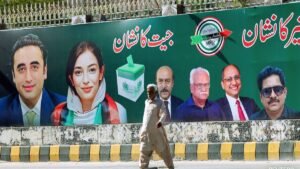Headline: Swami Prasad Maurya’s Remarks on Hinduism Trigger Political Stir in Uttar Pradesh

Political analysts are divided over Samajwadi Party (SP) leader Swami Prasad Maurya’s recent statement where he referred to Hinduism as “dhokha” (deception), with some viewing it as a bid for attention and others as a strategic move to broaden his support base. Maurya’s assertion has ignited controversy within the state’s political circles.
Shashikant Pandey, a political analyst and head of the political science department at Bhimrao Ambedkar University in Lucknow, suggests that Maurya, seeking to regain lost ground, has been criticizing Hindu deities since joining the Samajwadi Party. Pandey contends that Maurya’s overconfidence led him to leave the Bharatiya Janata Party (BJP), resulting in his current efforts to stay in the limelight.
During the National Buddhist and Bahujan Rights Conference in New Delhi, Maurya cited a 1995 Supreme Court order stating that “Hindu is not a religion but a way of life.” This sparked criticism from several BJP leaders, including a rebuke from the party’s IT cell in-charge Amit Malviya.
While the exact impact of Maurya’s remarks remains uncertain, some believe it may not favor the SP, and internal criticism within the party has surfaced. Prof Kaushal Kishore Mishra, former dean faculty of social sciences at Banaras Hindu University (BHU), sees Maurya’s statements as part of a well-planned strategy to garner support from the Dalit community and Muslims, aiming to expand his political influence in Uttar Pradesh.
Akhilesh Yadav, SP’s national president, advised party leaders to refrain from commenting on religions and castes, while SP MP Dimple Yadav clarified that Maurya’s statement reflected his personal opinion, not the party’s ideology. As the Lok Sabha election in 2024 approaches, analysts anticipate the BJP to capitalize on the controversy.











